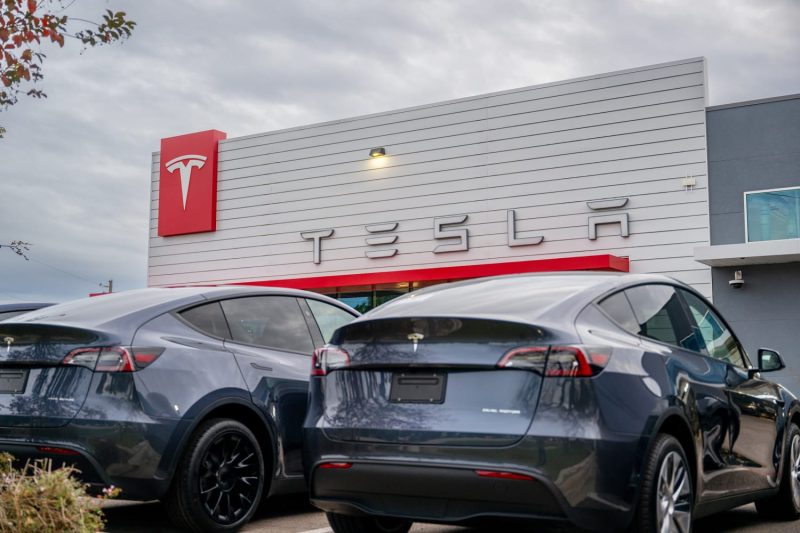The European Union has recently taken a significant step in reducing tariffs on electric vehicles (EVs) manufactured by Chinese firms, with a notable focus on Tesla vehicles. This policy change comes as part of the EU’s efforts to promote sustainable mobility and combat climate change. The decision to slash tariffs on Chinese-made EVs marks a significant shift in the EU’s trade policy towards China and has raised discussions among industry experts about the implications of this move.
One of the key impacts of the EU’s decision to reduce tariffs on Chinese-made Tesla EVs and other electric vehicles from Chinese manufacturers is the potential increase in the market share of these vehicles in the European market. With lower tariffs, Chinese EVs could become more affordable for European consumers, leading to a rise in sales and market penetration. This move aligns with the EU’s commitment to transitioning towards a greener economy and reducing carbon emissions from traditional fossil fuel vehicles.
Furthermore, the reduction in tariffs on Chinese-made Tesla EVs and other electric vehicles could also stimulate competition in the European EV market. European automakers may face heightened competition from Chinese manufacturers who can offer more competitively priced EVs. This competition could drive innovation, improve the quality of electric vehicles, and ultimately benefit European consumers by providing them with a wider range of EV options at different price points.
Moreover, the EU’s decision to slash tariffs on Chinese-made EVs underscores the importance of international collaboration in addressing climate change and promoting sustainable transportation. By incentivizing the import of electric vehicles from China, the EU is sending a signal that it is willing to work with global partners to accelerate the adoption of electric vehicles and reduce the carbon footprint of transportation.
However, some concerns have been raised regarding the potential impact of reducing tariffs on Chinese-made EVs. Critics argue that the move could negatively affect domestic EV manufacturers in Europe by creating an uneven playing field. European automakers may struggle to compete with Chinese manufacturers who benefit from lower production costs and now reduced tariffs. This unequal competition could lead to job losses in the European automotive industry and raise questions about the long-term sustainability of the European EV market.
In conclusion, the European Union’s decision to slash tariffs on Chinese-made Tesla EVs and other electric vehicles represents a significant development in the realm of international trade and climate policy. While the move is expected to boost the adoption of electric vehicles in Europe and promote sustainable mobility, it also raises questions about competition, job security, and the future of the European automotive industry. As the world transitions towards a greener economy, policymakers will need to strike a delicate balance between promoting innovation and ensuring a level playing field for all players in the electric vehicle market.


























